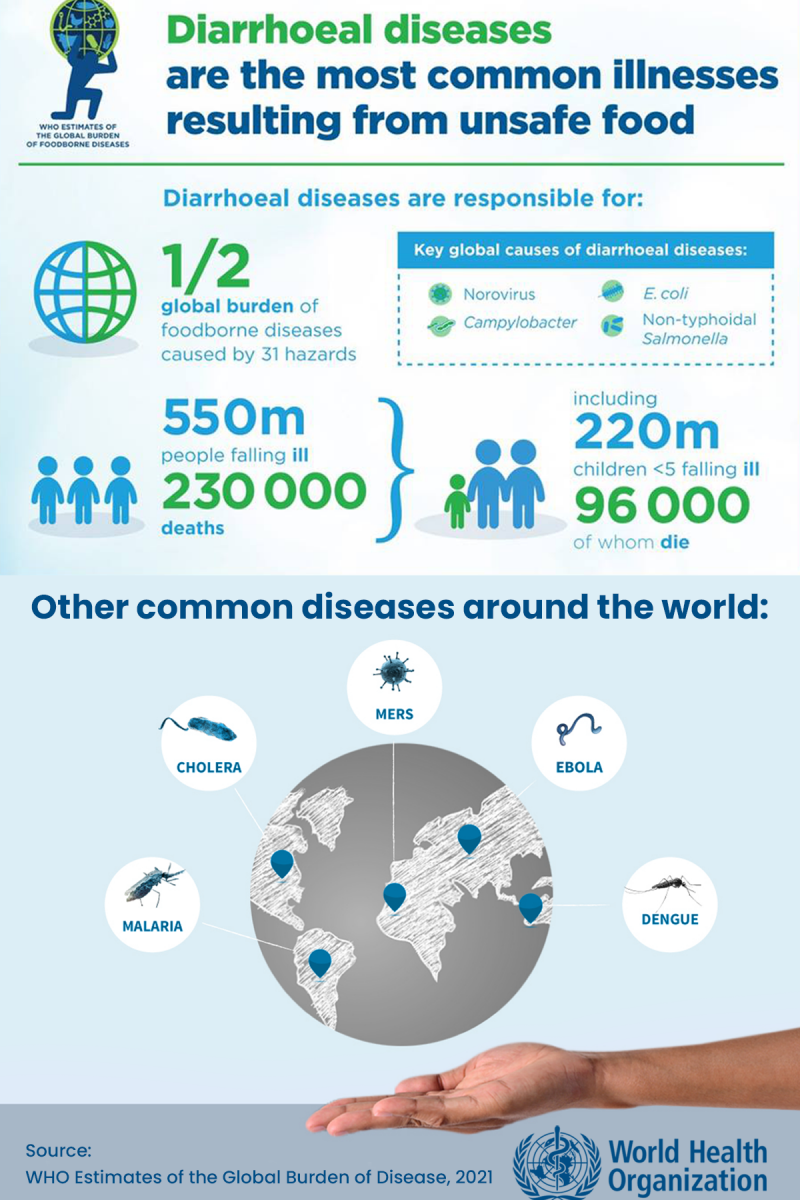International travel opens doors to new people, places, and viewpoints. Unfortunately, it can also open you up to significant financial damage if things take a bad turn abroad.
Global medical insurance plans provide additional coverage beyond what your domestic health insurance typically covers.
If you need medical care in another country, you will likely need to pay out-of-pocket for any services. Even if a country has nationalized health care, it may not cover people who are not citizens. Before you go, consider all your insurance options.
Neither types of Medicare health insurance provides any kind of coverage whatsoever when you are traveling outside of the United States.
Limited coverage, if any, outside geographic boundaries. No direct provider-pay options. Typically, no coverage for Emergency Medical Evacuation, which can cost as much as one million. No coverage for lost luggage, trip interruption, political or weather-related evacuation, or other travel hazards. No travel assistance.
Same as Private Individual: Limited coverage if any, no direct provider-pay, no coverage for coverage for lost luggage, trip interruption, evacuations, or other travel hazards. No travel assistance services.
Limited coverage, if any, depending on the country and geographic boundaries. Another country's health care system may not cover non-citizens.
When you're far from home, the last thing you need to worry about is how to get help. TripTime® plans can aid you in many of the following scenarios:
Such as: food poisoning, influenza, TB, hepatitis a, cholera, malaria, and more.
300,000+ people are injured per year in drowning and impact injuries.
Such as: earthquakes, monsoons, tsunamis, ice storms, and more.
1.24 million killed and 50 million injured in car accidents per year.
Be Prepared and Aware!
People who travel overseas have a 50% chance of experiencing a travel-related illness. While most travel-related illness is minor, some very serious infectious diseases are endemic in some parts of the world.
All travellers should be prepared for travel and be aware of health issues and measures to protect themselves from sickness.
Before you travel, schedule a medical check-up to make sure you are healthy. You may want to arrange vaccinations or medications to protect against diseases such as hepatitis, typhoid, or malaria. In fact, some countries legally require travellers to have certain vaccinations, such as yellow fever.
The most common travel-related sickness is gastrointestinal infection, which is generally picked up from poorly prepared food and untreated water. Avoid ice in drinks, unpasteurised dairy products, and fruit and vegetables that have been washed in the local water. Use boiled or bottled water, or water purifiers or tablets and make sure food is cooked thoroughly. Lastly, don’t buy food from street stalls – hotels and busy restaurants are safest.
Some serious infectious diseases - such as malaria, Zika virus, yellow fever, Japanese encephalitis, and dengue fever - are transmitted by mosquitoes. In countries where these pests reign supreme, the best defence is to prevent bug bites by all means possible: wear repellent with at least 30% DEET or 20% picaridin, wear protective clothing outside, use bed netting, and stay inside between dusk and dawn.

TripTime® Insurance offers state-of-the-art services to all international travelers. Our dedicated staff brings over a century of combined experience to the table and stands ready to serve customers 24/7/365.
GET A QUOTE